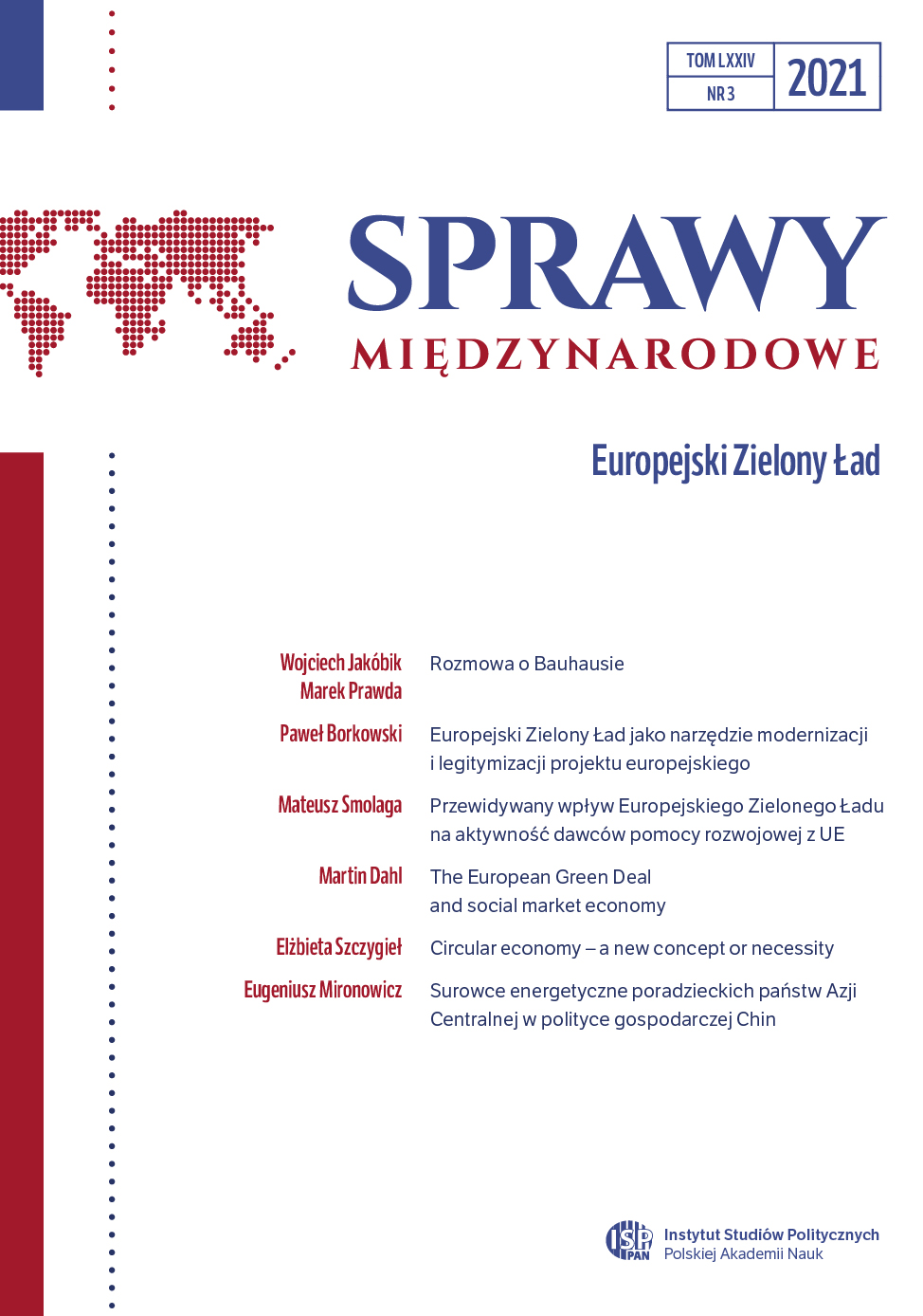On the politics of fear
On the politics of fear
The role of politicians in stoking Islamophobia during the COVID-19 pandemic in India
Author(s): Natalia ZajączkowskaSubject(s): Politics / Political Sciences, Politics, Social Sciences, Communication studies
Published by: Instytut Studiów Politycznych PAN
Keywords: Bharatiya Janata Party; BJP; coronavirus; corona jihad; COVID-19; Hindutva; Islamophobia; Narendra Modi; disinformation; fake news
Summary/Abstract: Muslims, India’s largest minority group, have often found themselves excluded from the country’s mainstream political power circles. The historically constructed clash between Muslims and Hindus has been used by the members of the far right – such as the Rāṣtriya Svayaṃsevak Saṇgh (RSS) or the Viśva Hindū Pariṣada (VHP) – to present the Muslim community as outsiders and ill-intentioned others with a view to subjugating the Hindu majority. There has been a notable rise in majoritarianism since the Bhāratiya Janata Party (BJP) rose to power in 2014. Prior to the outbreak of COVID-19, many BJP and RSS members made overtly racist remarks and incited violence against the Muslim community. The COVID-19 pandemic appears to have exacerbated this religious polarisation that has been gradually intensifying since Narendra Modi (BJP) won a landslide re-election victory in May 2019. Fears surrounding the pandemic have rapidly fuelled societal divisions, as well as hyper-nationalism and religious extremism targeted at Indian Muslims. A tarnished social fabric would have obvious long-term ramifications, specifically relating to stigmatisation, stereotyping and violent attacks. In this paper, the author will attempt to examine the role of BJP politicians in stoking Islamophobia. The author will address the question of whether the COVID-19 pandemic has been politicised against the Muslim minority. Are politicians primarily responsible for stoking intercommunal fear and hatred? What roles have state actors played in fomenting sectarian discord during COVID-19? This article tackles these and other salient questions pertaining to the politicisation of the coronavirus outbreak and mounting hate speech authorised by the ruling party in India. The article concludes by suggesting that Hindutva-driven Islamophobia, supported by the BJP government, may have permeated the Hindu mainstream but cautions that this claim still needs empirical validation. This article informs readers of the specific process of Islamophobic violence during the COVID-19 pandemic which remains a largely understudied phenomenon in India. My interpretation is partially based on spending two months doing fieldwork, mainly in New Delhi, in February and March 2020 during the coronavirus outbreak.
Journal: Sprawy Międzynarodowe
- Issue Year: 74/2021
- Issue No: 3
- Page Range: 237-266
- Page Count: 30
- Language: English

